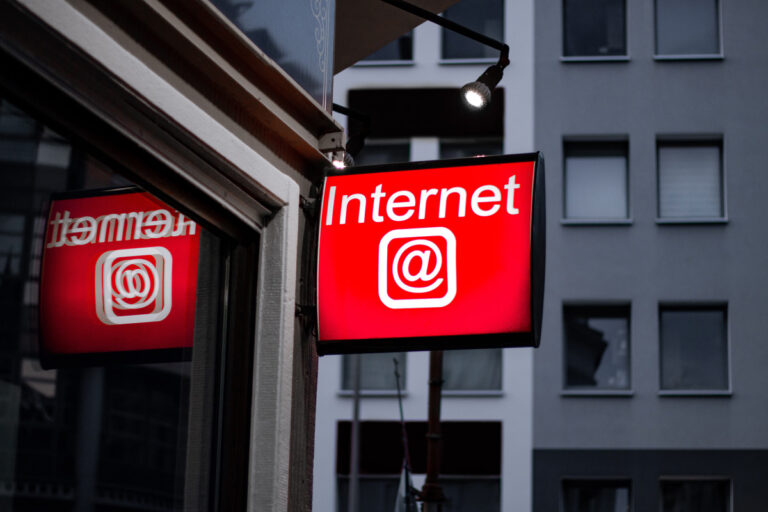19 out of 20 American Christian Facebook pages are run from Eastern European troll farms

The days of innocent trolling are behind us. Long ago, in the age of Smosh and MySpace, the act of trolling was limited to the occasional Rickroll or the Trololo guy. Now, trolling is being used as a political weapon. Over the past decade, those with ill intent have clocked onto the powerful influence social media—in particular echo chambers—has on our public psyche and thus, have developed entire infrastructures to influence political and societal discourse. Enter, troll farms.
What is a troll farm?
A troll farm, or troll factory, is a relatively new phenomenon. It essentially refers to an institutional group of trolls that seek to interfere in political opinions and decision making—and as ‘memeable’ as the concept appears on the surface, they can have some pretty significant consequences for democracy.
One study, by the think tank Freedom House, showed that 30 governments worldwide paid ‘keyboard armies’ from troll farms to spread propaganda and attack critics. According to the report, these governments use paid commentators, trolls, and bots to harass journalists and erode trust in the media. Now, a recent paper has revealed that troll farms in Eastern Europe are running 19 out of the top 20 American Christian Facebook pages.
Christian-American Facebook is powered by troll farms
The MIT Technology Review has exposed that an internal Facebook report from 2019 indicated that Eastern European troll farmed “content was reaching 140 million US users per month—75 per cent of whom had never followed any of the pages.” The report also highlighted how the troll farms were reaching the same demographic groups singled out by the Kremlin-backed Internet Research Agency (IRA) during the 2016 US election, which disproportionately targeted Christians, Native Americans and Black Americans.
Another investigation led by Buzzfeed News in 2018 found that at least one member of the Russian IRA, indicted for alleged interference in the 2016 US election, had also visited Macedonia around the time when the country’s first roll farms emerged onto the scene. Although, admittedly, it is difficult to find concrete evidence of a connection—with Facebook failing to pin down a connection between the IRA and Macedonian troll farms in its own investigation.
However, the troll farms highlighted in the MIT Technology Review are largely based in Kosovo and Macedonia—and their prime target of Christian Facebook pages, similar to their target demographic in 2016, is somewhat suspicious. Though they split their efforts among multiple pages, they are mostly operated by the same groups. Collectively, their Christian Facebook pages reach an audience of 75 million users a month—an audience around 20 times larger than the next largest Christian Facebook page.
Generally speaking, those who see and engage with the posts published by these Christian pages don’t actively ‘like’ or follow the particular sources they’re coming from. Instead, Facebook’s engagement-driven algorithm pairs users to content the AI thinks they want to see. For this reason, internal studies have revealed that diverse posts are more likely to reach a big audience. Troll farms use this dynamic to their advantage—spreading provocative misinformation that generates a bigger response to spread their online reach.
Facebook was aware of the troll farms and their manipulation of American citizens as far back as 2016, but still, it did nothing to address the issue. Jeff Allen, author and reporter, who used to be a senior-level data scientist at Facebook, wrote: “Our platform has given the largest voice in the Christian American community to a handful of bad actors, who, based on their media production practices, have never been to church.”
Although the evidence is now out in the open, the problem lies in the difficulty of quantifying how much influence content from these troll farms have on American Christians, as well as the wider population as a whole. That said, judging from past research on how subconsciously digital content can amplify our reasoning and cognition—it’s a given that the content produced by these farms will have some influence. Accompany this with the fact that Christian pastors have congregations in their pews, at best, one morning a week—whereas Facebook is a never-ending, 24/7 content churning machine—and it paints a worrying picture of how reliant communities are becoming on social media. Not to mention, of course, that Christian pastors themselves could be engaging with bad faith Christian content found on Facebook. Time will tell whether these troll farms will have a tangible impact on democracy and society—until then, let’s pray to God that it won’t.





